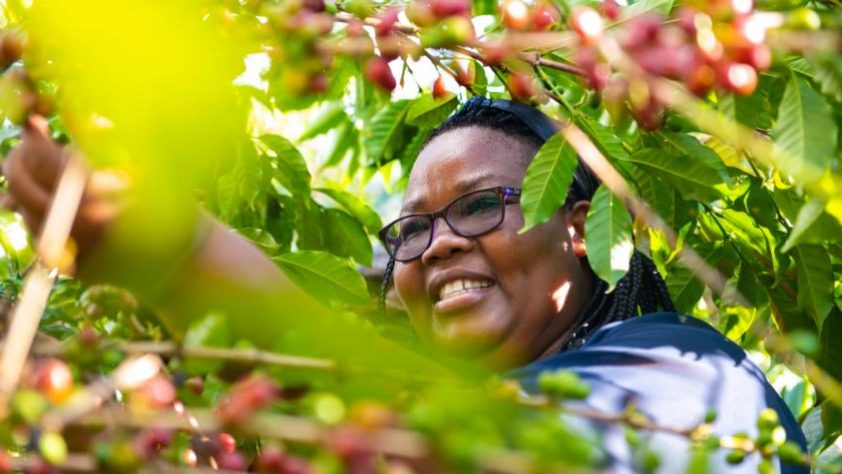
MSMEs DAY 2023: Micro, Small and Medium-sized Enterprises Are Key to an Inclusive and Sustainable Future
As we mark SMEs Day, we recall once more that Micro-, small, and medium-sized enterprises (MSMEs) are, quite literally, the foundations of the global economy.
They are engines of economic growth and employment, accounting for 90 per cent of businesses, up to 70 per cent of all jobs and 50 per cent of gross domestic product (GDP) at the global level.
To truly understand the importance of MSMEs in trade and economic growth, we must look beyond abstract numbers. The story of MSMEs is less about aggregate statistics and more about improved lives of individuals, entrepreneurs and their communities. Such story reminds us of the important role MSMEs play in ensuring that economic growth is inclusive, sustainable and connected.
At a time when many trendlines of global sustainability are shifting into reverse, MSMEs are important partners and agents of change that can help get the Sustainable Development Goals back on track. MSMEs are playing a critical role in creating the 600 million jobs needed to meet the demands of a growing global workforce by 2030. MSMEs and smallholder farmers also comprise the majority of the world’s food producers and are critical to sustainable agrifood value chains in many countries. They are drivers of innovation, creativity and new technologies, making them catalysts towards attaining more sustainable production and consumption systems.
Photo: ITC/Agnes Mukamushinja
Related Post
Equipping SMEs with the skills to...
SMEs and entrepreneurs heavily depend on skills to stay competitive and face greater challenges than larger firms in accessing and retaining...
The future of entrepreneurship with AI
AI-native startups are redefining the nature of entrepreneurship through accelerated scaling. With leaner teams, evolving funding dynamics, ...
Micro and small businesses can act...
In an international context where conflicts have reached their highest level since the Second World War, what role can micro, small, and med...




